Greek filmmaker Yorgos Lanthimos makes weird but oddly compelling and visually arresting dramas and absurdist comedies. His resume includes films such as The Lobster, The Killing of a Sacred Deer, and The Favourite, which have won numerous awards on the festival circuit. But his deadpan approach and detached style have proved polarising and controversial with mainstream audiences. His latest film – the bonkers dark comedy Poor Things – is also arguably his most ambitious, entertaining and accessible film yet despite a plot that is unlike anything you’ve ever seen before.
Based on the 1992 novel written by Alisdair Gray Poor Things is a twisted fairy tale and feminist take on both Pygmalion and the Frankenstein story. It has been adapted to the screen by Australian playwright and filmmaker Tony McNamara, who previously collaborated with Lanthimos on The Favourite. The film follows the extraordinary life and journey of self-discovery and sexual liberation of an unconventional heroine, a young Victorian-era woman named Bella Baxter (played by Emma Stone in a career-best turn).

When the film opens, a deeply unhappy and pregnant woman has leapt off a bridge. Her body is discovered by Dr Godwin Baxter (Willem Dafoe), a disfigured surgeon, who takes the body home to his laboratory. Using a revolutionary technique, Godwin transplants the brain of her still living but unborn baby into her, and reanimates her with electricity. So despite being a fully grown woman Bella has the IQ and vocabulary of a very young child and is given to childish temper tantrums. Godwin hires eager medical student Mac McCandles (Ramy Youssef) to watch over Bella and document her mental and social growth. A strong attachment develops between Bella and Max and he eventually asks Godwin for permission to marry her. But before the wedding can take place she’s whisked away by louche lawyer and Lothario, Duncan Wedderburn (Mark Ruffalo, clearly having a ball here.)
Wedderburn takes Bella on an eye-opening and hedonistic world tour, opening her up to new sights and experiences, including the joys of “furious jumping” (her term for athletic sex). Bella meets people who open her mind to philosophy, and Bella’s urge to learn and grow frustrates Duncan who drinks and gambles to excess. Eventually Bella leaves Duncan in France. She finds work at a brothel, where the is taken under the wing of the kindly Madame Swiney (Kathryn Hunter) and fellow prostitute Toinette (Suzy Bembra). They broaden her understanding of politics and the behaviour of men. Meanwhile Duncan has a mental breakdown.
But Godwin is diagnosed with a terminal illness and asks Max to find Bella and bring her home. She returns a fully developed woman, independent, determined, articulate and worldly. Stone totally inhabits this complex, multi-faceted character and charts her growth from naïve and innocent young girl to liberated and confident woman. She delivers a fantastic, uninhibited and fearless performance and would be the front runner for an Oscar. Dafoe is surprisingly sympathetic as the mad scientist/father figure. And Ruffalo is perfect as the loathsome Duncan Wedderburn.
Visually the film is quite impressive, thanks to the surreal cinematography of Robbie Ryan who gives the material a heightened artificial quality with his colourful visuals augmented by some clever CGI. Shona Heath and James Price’s production design is rich and detailed, and they create a distinctive look for the Victorian era settings, giving it a steam-punk look. The world in which Poor Things is set is both familiar and vaguely unsettling. Holly Waddington’s costumes for Bella reflect her growth and development throughout the film and they grow more colourful and original as the film progresses. Also striking is the make-up which transforms Dafoe’s character (the make-up sessions apparently lasted four hours).
Poor Things is a rich, darkly comic and undoubtedly intriguing film, and once seen it is hard to forget. But like much of Lanthimos’s oeuvre, it will not be to everyone’s taste.
Greg King
Other reviews you might enjoy:

Greg King has had a life long love of films. He has been reviewing popular films for over 15 years. Since 1994, he has been the film reviewer for BEAT magazine. His reviews have also appeared in the Herald Sun newspaper, S-Press, Stage Whispers, and a number of other magazines, newspapers and web sites. Greg contributes to The Blurb on film

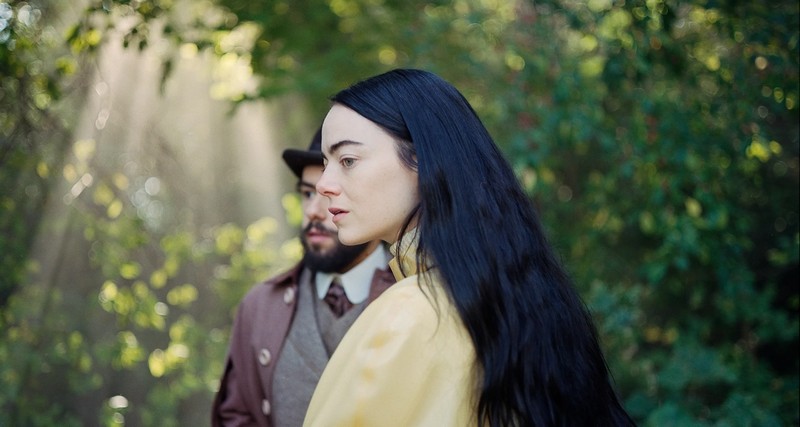
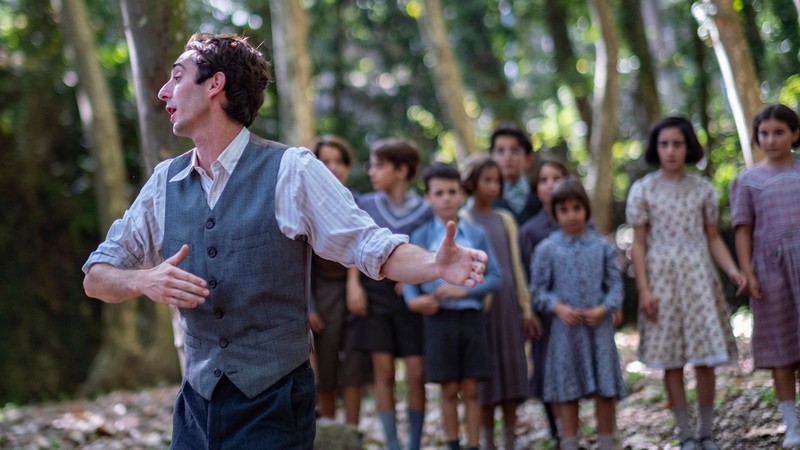
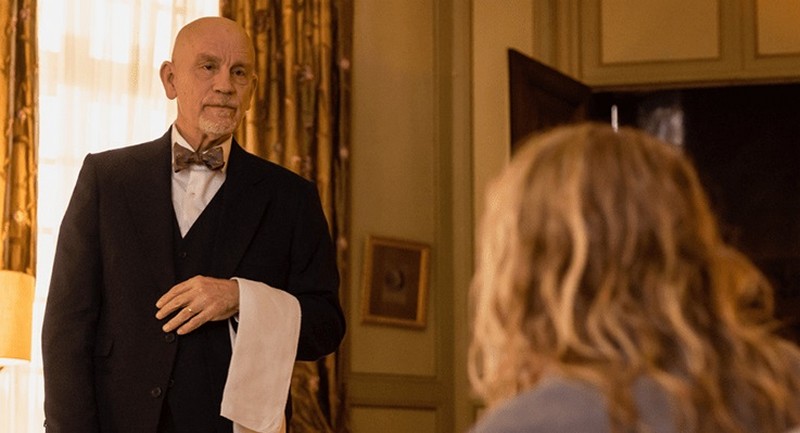
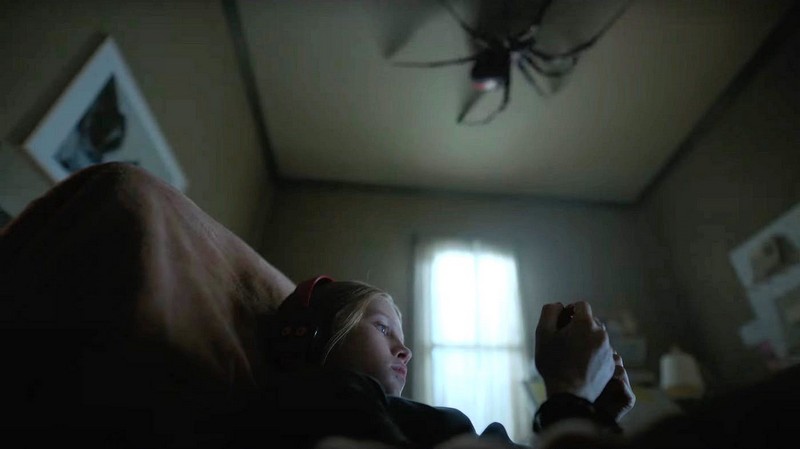
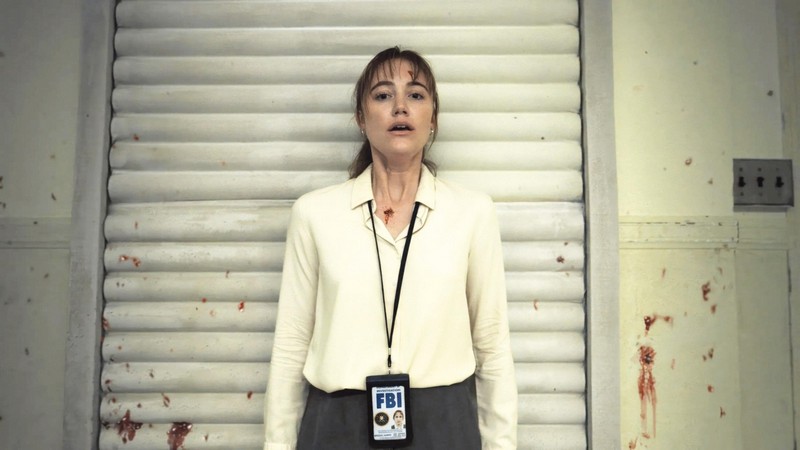
One thought on “Poor Things – movie review”
Comments are closed.